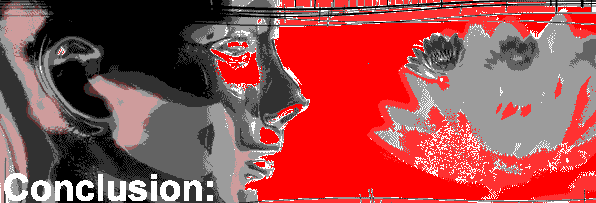By 2020, there will be 40% more people aged 75 and above than in 1990. This is likely to increase demand for health services and will also necessitate changes to their organisation and structure.
Making a Difference
Policy is about choices, and the health policies for the twenty-first century must be about people making informed choices, on the basis of clear criteria, through democratic dialogue. Many of the changes we wish to make take time to implement and take effect. Policies for health must, therefore, take a long-term perspective.
-World Health Organization: Health for All for the Twenty-First Century
noyance, to be locked away in institutions or hidden at home. Little thought was given to treating dementia with either drugs or psychotherapy, or to providing any kind of support for their families and care givers. The field of Geriatrics was in its infancy. Attitudes have changed considerably in the past half-century. That is due, in no small part, to the changing demographics. A summary of demographic trends, taken from the Communication from the Commission of the European Communities (April 15, 1998), indicates the growing concern within the European Community about this issue: “As a result of the falling birth-rates and lengthening life expectancy, the community population is ageing.

